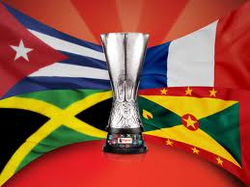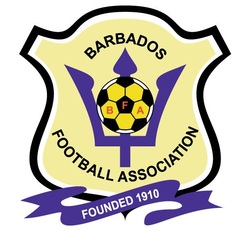
In a recent post on the travel commitments for both the UEFA Champions League and Europa League clubs, I briefly touch on the subject of perverse incentives.
A perverse incentive is an incentive that has an unintended or undesirable result which is contrary to the interests of the incentive makers. Perverse incentives are a type of unintended consequence, a concept popularised in the 20th century by American sociologist Robert K. Merton.
My analysis suggested that Liverpool were possibly better off finishing 7th in the Premier League last season as opposed to 5th. This is because they don’t have to travel mid-week to play in the Europa League like Tottenham. Of course, there is lost revenue from not competing in Europe but some are suggesting, if Liverpool qualify for the Champions League this season, it will be because they didn’t have to play in Europe.
However, here’s an amazing story and a far better example of a perverse incentive, courtesy of La Trobe University economist Dr Liam Lenten.
The 1994 Caribbean Cup involved a first round match between Barbados and Grenada. Barbados had to win the match by two clear goals to qualify for round two.
The tournament organisers, the Caribbean Football Union (CFU) stated at the outset, that matches ending in a draw would go to extra time where goals would count double. Furthermore, any goal scored in extra time would be a ‘golden goal’, resulting in the sudden end of the match.

For the next seven minutes or so Barbados laid siege to the Grenada goal, but to no avail. With seconds remaining the Barbadians took the only option left open to them and scored a deliberate own goal! This made the game 2 – 2 and would force extra time.
Grenada now realised that they could avoid extra time, and advance to round two, by either scoring again (3-2) or conceeding an own goal (2-3). Both would avoid extra time and mean Barbados failed to do enough to qualify. So, from the restart, Grenada headed for their own goal.
The clever Barbadians had anticipated this. Half their team ran to defeat the Grenadian goal while the other half remained to defended their own goal. In the limited injury time left Barbados managed to successfully defeat both goals! Surely, a first for world football.
Extra time ensued and because goals counted double, Barbados now needed just one goal to advance. They dually scored this goal twelve minutes into extra time and advanced to round two.
No sanctions were handed down by FIFA on the grounds that Barbados were genuinely attempting to achieve the best result for themselves in the overall context of the Caribbean Cup.
Talk about perverse incentives.
If you found that hard to follow, Dr Lenton provides an excellent video explanation here.
 RSS Feed
RSS Feed